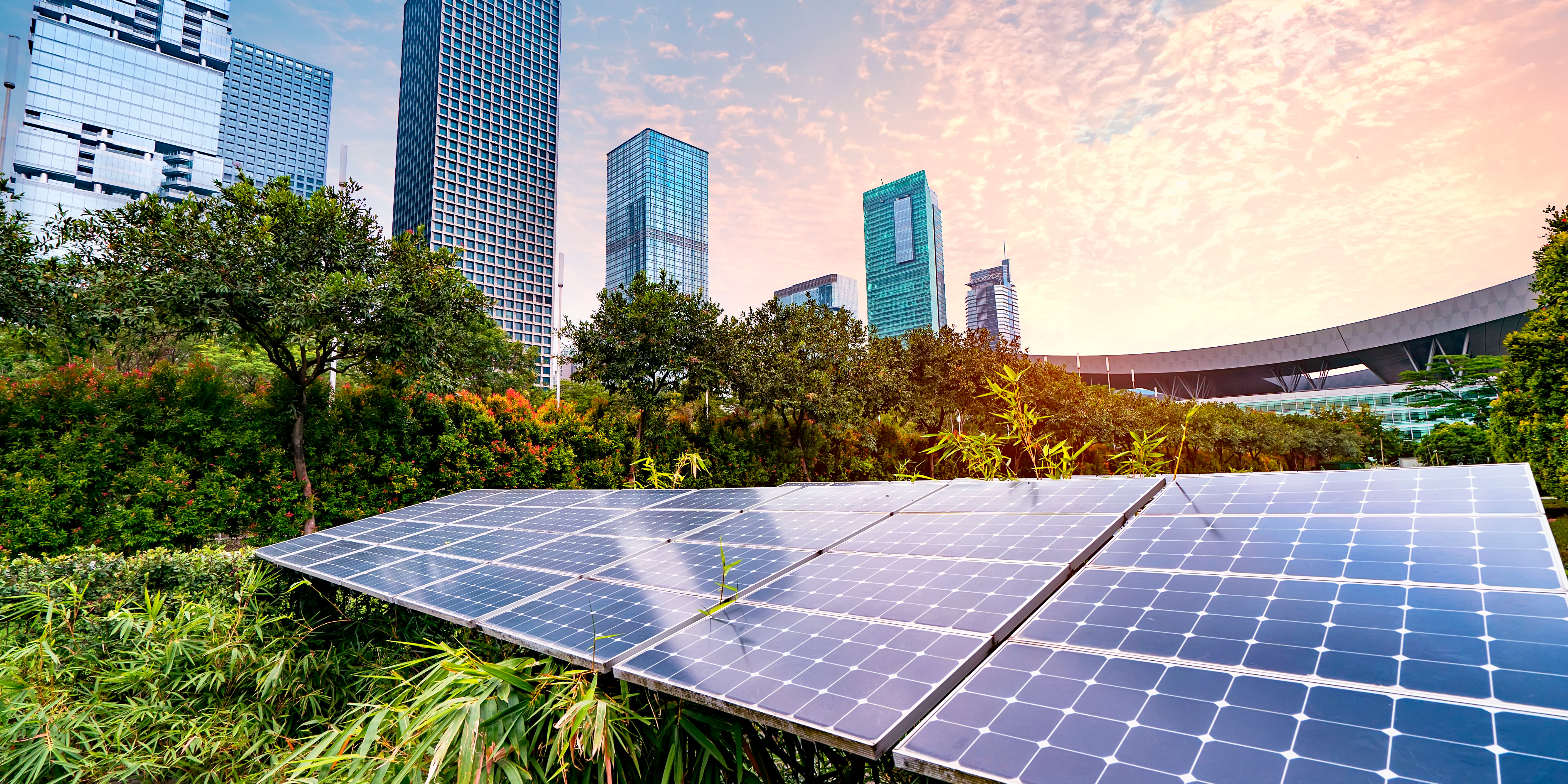As we delve into the evolving landscape of Commercial Real Estate (CRE) in Minnesota, it’s clear that sustainability and efficiency are not just buzzwords but fundamental shifts reshaping the sector. Investors and property managers are increasingly focusing on electrification, high-efficiency HVAC systems, and the implications of new energy codes. These elements are critical in steering the CRE industry towards a more sustainable and energy-efficient future.
The Drive Towards Electrification
Electrification stands at the forefront of Minnesota’s sustainable transformation in CRE. This shift entails transitioning properties from fossil fuel-based systems to electricity for heating, cooling, and operating other building systems. The move is driven by a combination of environmental concerns and the potential for long-term cost savings. According to the U.S. Energy Information Administration (EIA), electricity sources are becoming cleaner, making electrification a viable strategy for reducing greenhouse gas emissions from buildings.
Property investors and managers in Minnesota are encouraged to explore the benefits of electrification, not just from an environmental standpoint but also considering the long-term value and appeal of their properties. As more tenants demand green and efficient spaces, electrification can significantly enhance a property’s marketability and tenant satisfaction.
High-Efficiency HVAC Systems: A Key Investment
High-efficiency Heating, Ventilation, and Air Conditioning (HVAC) systems are another cornerstone for the CRE sector’s sustainable evolution. These systems are vital for reducing energy consumption and improving indoor air quality, aligning with the broader goals of sustainability. The American Council for an Energy-Efficient Economy (ACEEE) highlights that advanced HVAC systems can lead to substantial energy savings, sometimes up to 50% compared to older, less efficient models.
For CRE investors and property managers, investing in high-efficiency HVAC systems means not only contributing to environmental preservation but also reducing operational costs. It’s an investment that pays dividends in terms of energy savings and enhances the comfort and well-being of building occupants.
Navigating New Energy Codes
Minnesota’s commitment to sustainability is further embodied in its adoption of stringent energy codes. These regulations set minimum energy efficiency standards for new and existing buildings, pushing the CRE sector towards more sustainable practices. The Minnesota Energy Code, based on the International Energy Conservation Code (IECC), is regularly updated to incorporate advancements in energy efficiency and sustainability.
CRE stakeholders must stay informed about these evolving codes to ensure compliance and capitalize on potential incentives for energy-efficient projects. Understanding and adhering to these regulations not only mitigates the risk of penalties but also positions properties as leaders in sustainability, attracting environmentally conscious tenants and investors.
Recommendations for CRE Investors and Property Managers
- Stay Informed and Compliant: Keep abreast of the latest developments in energy codes and sustainability standards. Compliance is not just about avoiding penalties but also about leveraging opportunities for incentives and grants for sustainable projects.
- Invest in Sustainability: Allocate resources towards electrification and high-efficiency HVAC systems. These investments enhance property value, reduce operational costs, and align with the growing demand for sustainable spaces.
- Educate Tenants and Stakeholders: Foster a culture of sustainability within your properties. Educate tenants about the benefits of green practices and how they contribute to a healthier environment and reduced utility costs.
- Leverage Technology: Utilize smart building technologies to optimize energy use, monitor systems in real-time, and make data-driven decisions that improve efficiency and sustainability.
- Partner with Experts: Collaborate with energy consultants, engineers, and sustainability experts to guide your electrification and efficiency upgrades, ensuring they are implemented effectively and yield the desired outcomes.
As we navigate these exciting developments in Minnesota’s CRE sector, staying informed has never been more crucial. For those looking to dive deeper and keep abreast of the latest trends, insights, and recommendations, Schwieters Capital offers a biweekly newsletter tailored to CRE investors and property managers. Our newsletter is designed to equip you with the knowledge and tools necessary for making informed decisions in this rapidly evolving landscape.
Don’t miss out on valuable insights. Subscribe to our biweekly newsletter now and join a community of forward-thinking professionals committed to sustainability and efficiency in CRE.
Let’s move towards a sustainable future together, one property at a time.
Disclaimer: The information provided in this article is for general informational and educational purposes only and is not intended as financial, investment, legal, or tax advice. The content is provided “as is” without any representations or warranties, express or implied. Schwieters Capital and its affiliates do not guarantee the accuracy, completeness, or timeliness of this information and are not responsible for any errors or omissions or for the results obtained from the use of this information. All investments involve risks, including the potential loss of capital, and there is no guarantee that investment objectives will be achieved. The views and opinions expressed in this article are those of the author and do not necessarily reflect the official policy, position, or views of Schwieters Capital or its employees. Readers should consult with their own financial advisor and conduct their own research and due diligence before making any investment decisions. Past performance is not indicative of future results. Schwieters Capital does not endorse any specific investment strategies or financial products discussed in the article.


